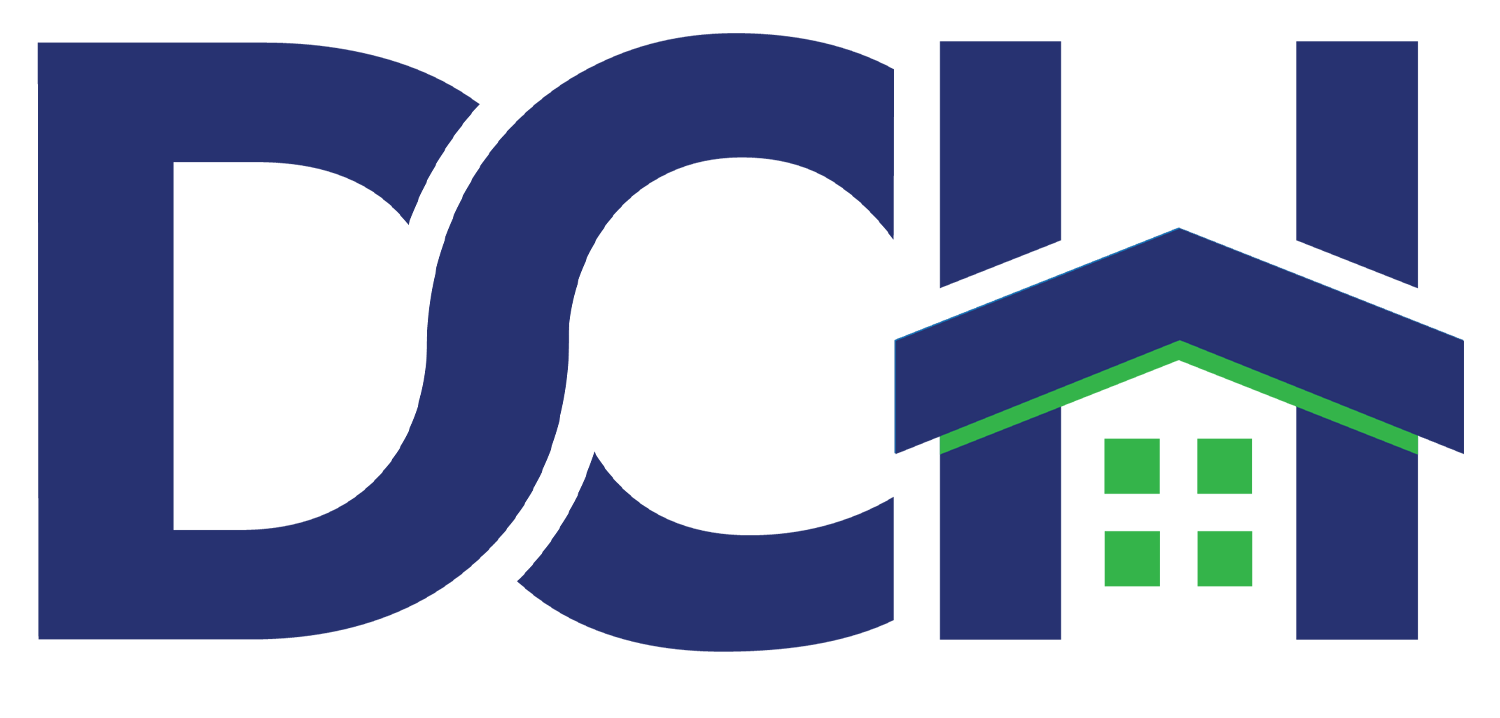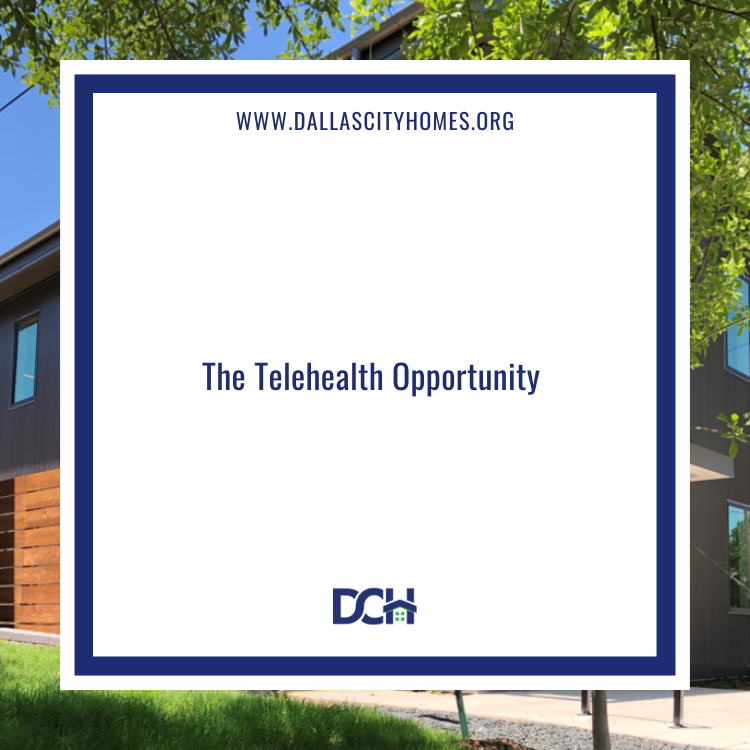The Telehealth Opportunity
Communities face disparities in access to healthcare, with telehealth emerging as a tangible solution, especially for those in underserved or remote areas. Delivering care via digital means dismantles barriers and presents opportunities within the healthcare system. DCH continues to advocate for digital literacy as a means of health, in particular, the telehealth opportunity.
Telehealth Matters
Telehealth matters. It really matters. The pandemic era ushered in a greater acceptance of telehealth, and it also birthed an opportunity for connecting underserved communities and populations to better healthcare. Telehealth enables patients in isolated or medically underserved areas to communicate with clinicians without long, sometimes prohibitive travel. Reducing travel burdens leads to fewer missed appointments, fosters adherence to care plans, and leads to proactive health management. Additionally, through virtual platforms, individuals gain access to specialists and services that are otherwise unavailable locally, from mental health to chronic care.
Telehealth in Action: Case Studies
Telehealth is more than mobile connectivity; it is part of a broader initiative to make healthcare more equitable. Kiosks, pods, and other mobile healthcare initiatives are making their way to those in need, and making an impact.
Mobile kiosks, including OnMed CareStations in Bruni, Texas, offer walk-in telehealth services, including vital signs measurements and clinician consultations for free. These kiosks have made an invaluable difference in communities without practicing physicians and could serve as a model for replicable, equitable care.
Project ECHO in New Mexico administered Hepatitis C care via tele-mentoring whereby primary-care clinicians in rural/underserved New Mexico treated HCV patients through weekly virtual case conferences with specialists. Outcomes were comparable to those at a university clinic, demonstrating specialist-level results delivered locally.
Indian Health Service–Joslin Vision Network (AI/AN communities) administered Tele-ophthalmology for treatment of diabetic retinopathy. IHS clinics use store-and-forward retinal imaging read remotely by trained graders, boosting screening access across >100 sites serving American Indian/Alaska Native patients and enabling timely referrals.
Perhaps most salient for Dallas is the NYC Health + Hospitals Virtual ExpressCare. This virtual urgent care access program connected over 5,000 shelter residents to clinicians, expanding access for unhoused New Yorkers and integrating with city/state initiatives for rapid treatment and follow-up.
Opportunity and Challenge of Building Equity in Telehealth
To build greater equity in healthcare, Telehealth shows much promise, but there are challenges. Telehealth enables patients to consult with providers remotely, thereby reducing distance-related barriers. Virtual visits not only save on travel costs but also reduce the strain on healthcare systems and facilitate remote patient monitoring. However, there are gaps to be addressed.
Many underserved communities still face poor broadband access or lack of necessary technology, hindering telehealth adoption. Telehealth’s expansion faces systemic challenges from licensing to reimbursement. Lastly, without access to devices and data, populations risk being further left behind.
DCH’s Commitment to Telehealth
Telehealth and broadband access are at the heart of our developments. We are committed to connectivity from transportation to digital access. With our Connected Communities Initiative has digital literacy support and tailored telehealth solutions, at its core to support residents, and community members. We also advocate alongside community partners for policy initiatives that improve broadband infrastructure, streamline licensing, and cover telehealth.
Telehealth is far more than convenient; it is a tool to drive equitable access. Join us in dismantling access barriers and empowering individuals. Learn more about our Connected Communities Initiative and contribute to DCH here. https://dallascityhomes.org/donate

